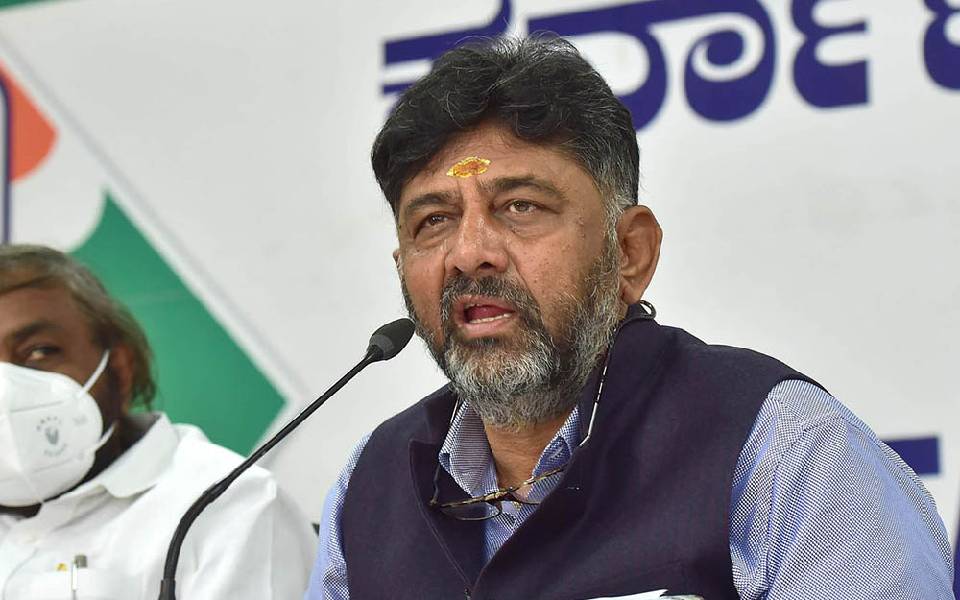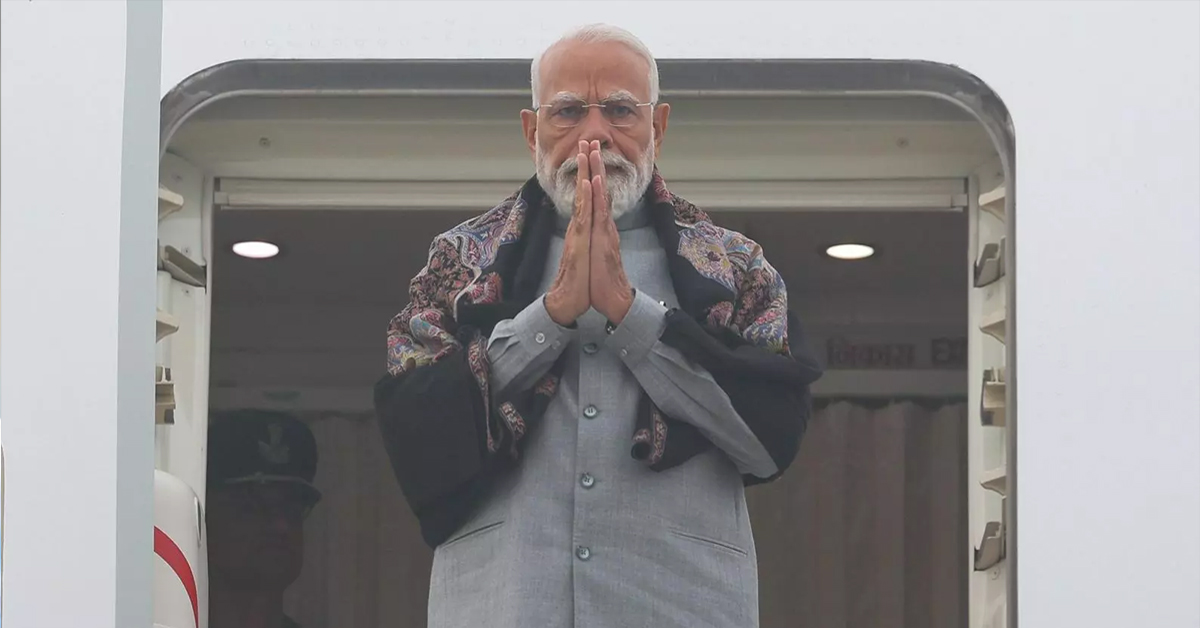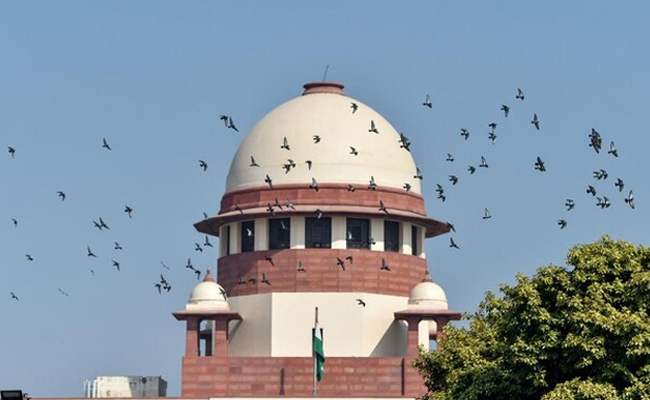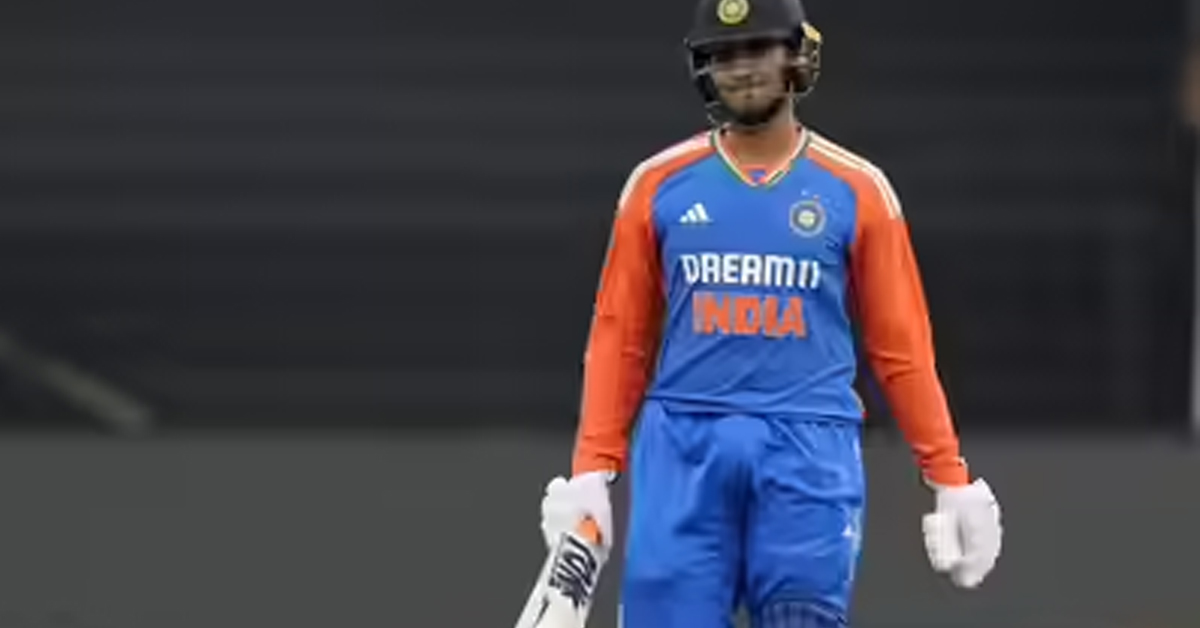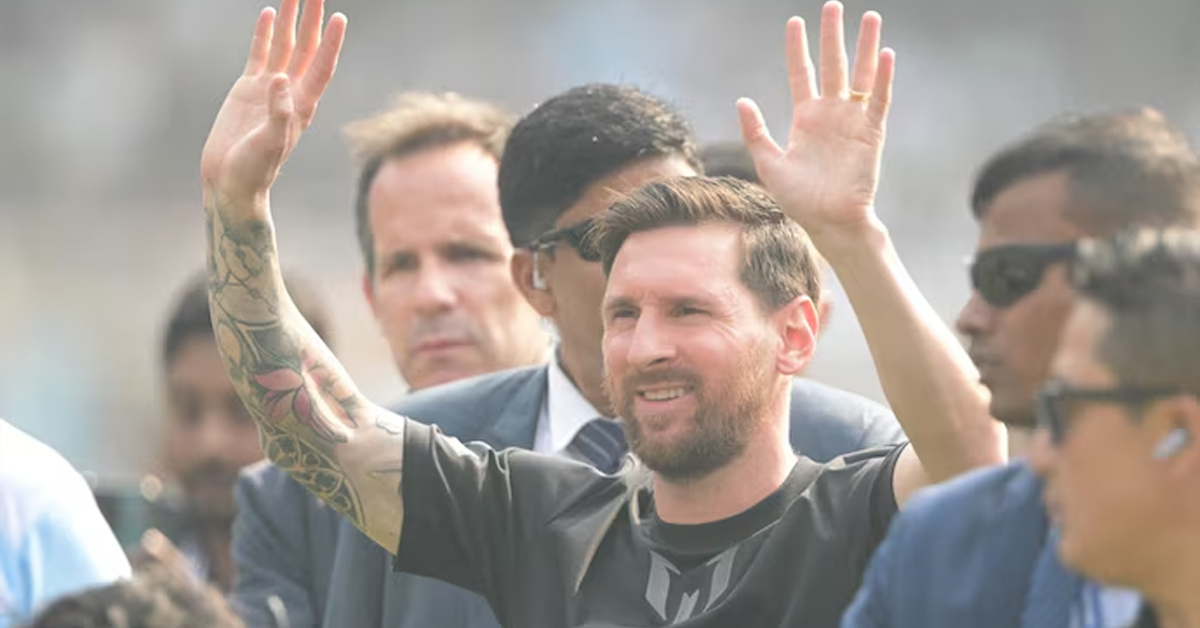Bengaluru, May 15: Chief Minister aspirant and Karnataka state Congress president D K Shivakumar on Monday cancelled his Delhi trip, hours after confirming he would be flying to the national capital.
He cited health reasons for the change in his travel plans.
The senior Congress leader is locked in an intense power struggle with Siddaramaiah over who will lead the party-led government, after Congress stormed to power by winning 135 seats in the May 10 elections to the 224-member Karnataka Assembly.
Siddaramaiah, a former CM, had left for Delhi by Monday afternoon to meet with AICC leaders.
"I have some problem in the stomach. Doctor is coming in ten minutes. It's burning. It looks like some infection and I have fever..... please let me be free...." Shivakumar told reporters.
Sources close to him confirmed he is not going to Delhi today.
ALSO READ: Karnataka: Power play for CM post shifts to Delhi, all eyes on Congress top brass
Amid speculations about the number of MLAs supporting him and Siddaramaiah for the CM's post, Shivakumar said earlier on Monday that his strength is 135, as under his presidency, the party won the said number of Assembly segments.
He said he and Siddaramaiah have been called to Delhi by the party high command and that he will be going there late due to personal commitments.
"Since today is my birthday, a lot of people have come to wish me. I have to go to my deity with my family, after going there, I will leave for Delhi. I don't know what time I will be going to Delhi. I will take whichever flight is available," he had said.
The Congress' central leadership will be deciding on the new Chief Minister, after its observers submitted a report on the opinion of the MLAs which they collected in the Congress Legislature Party (CLP) meeting in Bengaluru on Sunday.
The CLP had authorised party president M Mallikarjun Kharge to decide on the CM nominee, allowing the party chief to decide on an issue that was expected to take centrestage at some point of time post elections in the event of Congress emerging victorious in the hustings.
Both Siddaramaiah and Shivakumar have never hid their CM ambitions.
Let the Truth be known. If you read VB and like VB, please be a VB Supporter and Help us deliver the Truth to one and all.
New Delhi (PTI): Prime Minister Narendra Modi on Monday embarked on a visit to Jordan, Ethiopia and Oman -- countries which enjoy civilizational ties and exceptional bilateral relations with India.
"First, I will be visiting Jordan, on the invitation of His Majesty King Abdullah II ibn Al Hussein. This historic visit will mark 75 years of establishment of diplomatic relations between our two countries," the prime minister said in his departure statement.
Modi will hold detailed discussions with Jordanian King Abdullah II ibn Al Hussein, Prime Minister Jafar Hassan, and will also meet Crown Prince Al Hussein bin Abdullah.
In his first visit to Ethiopia, the prime minister will address the Joint Session of Parliament and share his thoughts on India's journey as the "Mother of Democracy" and the value that the India-Ethiopia partnership can bring to the Global South.
The prime minister will also hold discussions with Ethiopia's Prime Minister Abiy Ahmed Ali and meet the Indian diaspora.
"On the final leg of my journey, I will visit the Sultanate of Oman. My visit will mark 70 years of the establishment of diplomatic ties between India and Oman," Modi said.
In Muscat, the prime minister will hold discussions with the Sultan of Oman on strengthening the Strategic Partnership as well as a strong commercial and economic relationship.
"I will also address a gathering of the Indian diaspora in Oman, which has contributed immensely to the country's development and in enhancing our partnership," Modi said.

